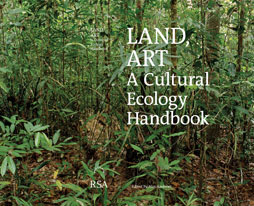 Mapping according to ecological features instead of political divides clearly makes sense from a conservation point of view (but of course also politically more difficult). This article on Transborder parks should on Encyclopaedia of Earth (a trusted wiki) should be of interest if you're not familiar with the concept.
Mapping according to ecological features instead of political divides clearly makes sense from a conservation point of view (but of course also politically more difficult). This article on Transborder parks should on Encyclopaedia of Earth (a trusted wiki) should be of interest if you're not familiar with the concept.
National Geographic has, amongst their many useful tools, an interesting resource for understanding ecoregions: Wilderness.net, an American combined-effort website maintained by the Arthur Carhart National Wilderness Training Center, Aldo Leopold Wilderness Research Institute and The University of Montana Wilderness Institute has a useful map of North American Wilderness areas:
Wilderness.net, an American combined-effort website maintained by the Arthur Carhart National Wilderness Training Center, Aldo Leopold Wilderness Research Institute and The University of Montana Wilderness Institute has a useful map of North American Wilderness areas:
"From swamps of the Southeast to tundra in Alaska, from snowcapped peaks in the Rocky Mountains to hardwood forests in the Northeast and deserts in the Southwest, Wilderness areas are found in all but six states (Connecticut, Delaware, Iowa, Kansas, Maryland, Rhode Island)." -- Explore the map here / See full list of areas here.Wild International works on a number of ecosystem-wide initiatives including the effort to save the Desert Elephants in West Africa. They have a great map showing the Human Footprint around the area where the elephants live.
If you have useful map tips, leave a comment below or get in touch.










